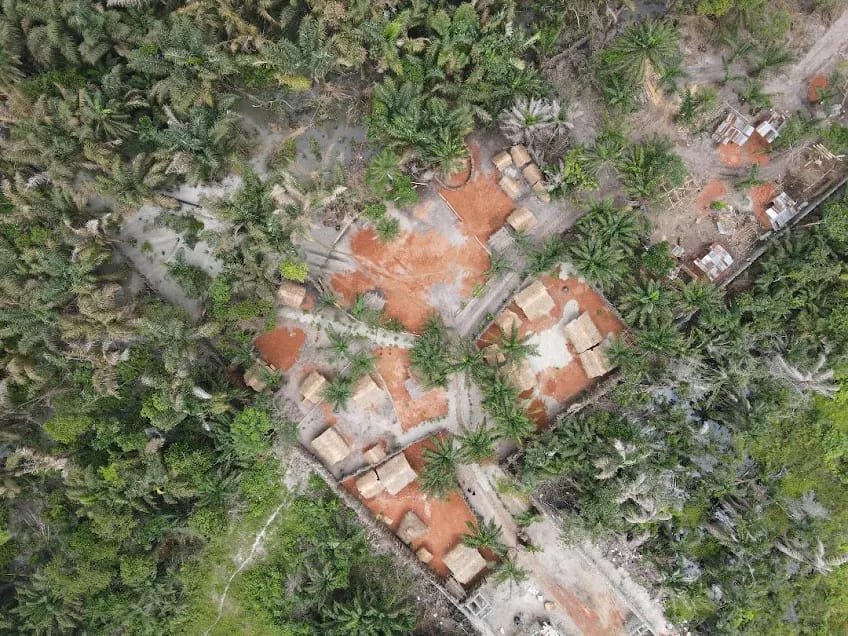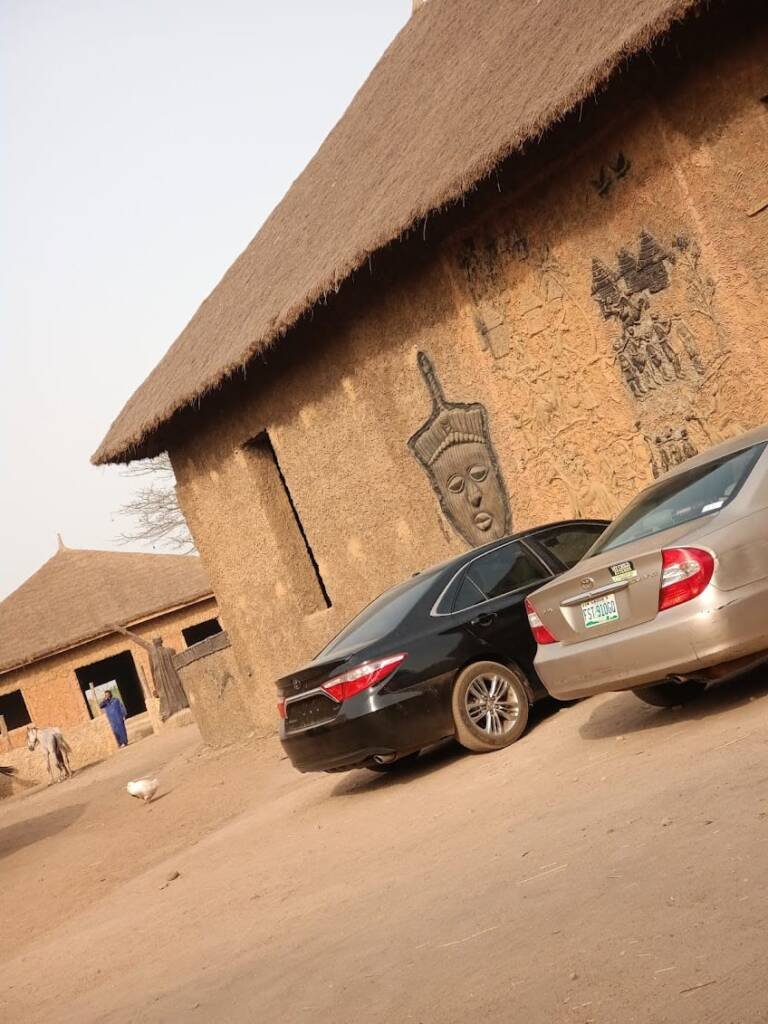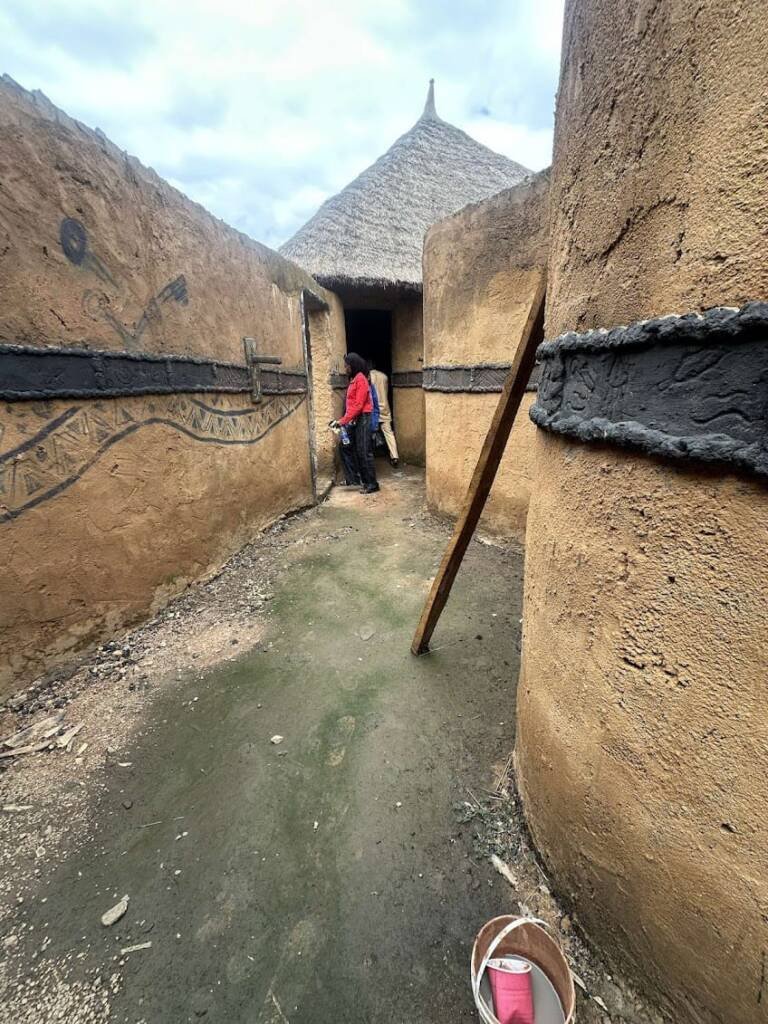N
igeria’s booming film industry, famously known as Nollywood, is taking a monumental leap forward with the emergence of ‘film villages’ which are dedicated hubs designed to streamline production, foster creativity, and attract investment.
As the global demand for African content surges, these film villages are positioning Nigeria as a continental leader in modern filmmaking infrastructure. Let’s take a look at the rise of film villages in nigeria, defining what it stands for in the simplest manner.
Film villages are specialized locations equipped with pre-built sets, sound stages, post-production facilities, and accommodation for crew members, unlike traditional on-location shoots, which often face logistical challenges, film villages offer a controlled environment that reduces costs and enhances efficiency.

Countries like Morocco and South Africa have long benefited from such facilities, but Nigeria is rapidly catching up with the advent of projects like “The Nollywood Film Village” in Enugu state, “Eko Creative City” in Lagos state, Bolanle Austen-peters (BAP) film village also in lagos state, where Netflix’s ”House of Ga’a” was shot, as well as the recently unveiled kunle Afọlayan (KAP) film village and resort in Oyo State, which happens to be the first film village in Nigeria to be officially launched by the Oyo State government, not excluding the AfriChatta film village, also located in Oyo State, are setting the stage for a new era of filmmaking—one that could rival international standards.


With the emergence of this ''New Goldmine'', investors should take notice of its capabilities:
- Economic Potential– Nollywood contributes over $7 billion dollars annually to Nigeria’s GDP and ranks as the second-largest film industry globally by output. Film villages present a lucrative opportunity for ROI through studio rentals, tourism, and ancillary services.
- Government & Private Sector Backing – Initiatives like the Creative Industry Financing Initiative (CIFI) by the Central Bank of Nigeria (CBN) and partnerships with firms like Filmhouse Group are fueling growth.
- Global Appeal – Streaming giants (Netflix, Amazon Prime) are investing heavily in African content, and film villages make Nigeria a preferred destination for international productions.

That being highlighted, we must also note its inclusivity in modern filmmaking, beyond economics, film villages promote inclusivity by:
– Providing training and employment for local talent.
– Offering affordable access to high-end equipment for indie filmmakers.
– Encouraging collaboration between African and global filmmakers.
In conclusion, we must mind the ”thorns that comes with the rose”, which are the challenges and the possible ways forward– While the potential is immense, challenges like, funding gaps, power supply issues, and bureaucratic delays persist, experts urge stronger public-private partnerships to sustain momentum.
As Nigeria’s creative economy expands, film villages represent a transformative investment frontier, one that blends art, commerce, and cultural export. For investors, the message is clear: The future of African cinema is being built here in Nigeria, and the time to get involved is now.
– a take away tip–
Industry stakeholders will gather at the “Nollywood Film Village Summit” in Lagos State next month to discuss scalable models for growth.
By – Oluwatosin Adewuyi


